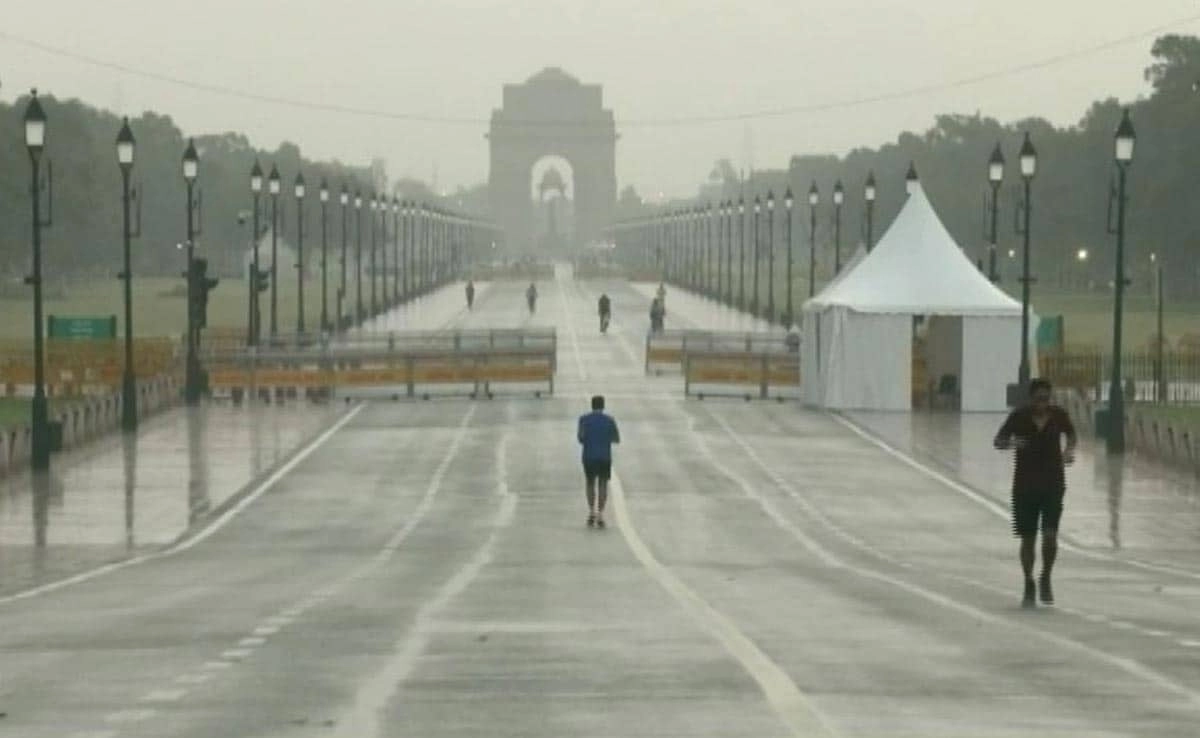In a significant turn of events, Harvard University found itself at the center of a political storm following President Donald Trump’s directive that resulted in a freeze of federal funds to several institutions. This move was part of the administration’s broader strategy to exert control over educational institutions that were perceived to be critical of the government or not aligned with its agenda. The reaction from Harvard, a prestigious institution known for its commitment to academic freedom and independence, was one of immediate concern and resistance. University officials expressed their dismay over the implications of such a freeze, emphasizing the adverse effects it could have on research, student programs, and the institution’s overall mission.
Harvard’s leadership quickly mobilized to protect its interests and the interests of its students and faculty. In statements released to the public and the media, university officials highlighted the vital role federal funding plays in supporting groundbreaking research and educational programs. They asserted that the government’s move could undermine the integrity of academic institutions by politicizing funding decisions. Harvard’s response was not merely a defense of its financial interests; it was also a broader commentary on the importance of maintaining academic independence in the face of political pressures. The university reiterated its commitment to upholding the principles of free inquiry and expression, which are foundational to its educational philosophy.
In the aftermath of the funding freeze, Harvard also took steps to mobilize support from other academic institutions and organizations. By rallying allies within the higher education community, Harvard aimed to create a unified front against what it viewed as an encroachment on institutional autonomy. This coalition-building effort underscored the belief among many educators that the integrity of higher education should remain insulated from partisan politics. The situation sparked a nationwide debate about the role of government in higher education and the potential consequences of such political maneuvers on the broader landscape of academia.
As discussions evolved, Harvard’s stance continued to resonate with a wide array of stakeholders, including alumni, students, and faculty. Many expressed solidarity with the university’s commitment to defending academic freedom against perceived political interference. The incident also reignited conversations about the funding models of higher education and the need for institutions to maintain independence from governmental influence. Ultimately, Harvard’s reaction to Trump’s funding freeze highlighted not only the challenges faced by educational institutions in the current political climate but also the enduring importance of safeguarding the principles that underpin academic pursuit and innovation.




